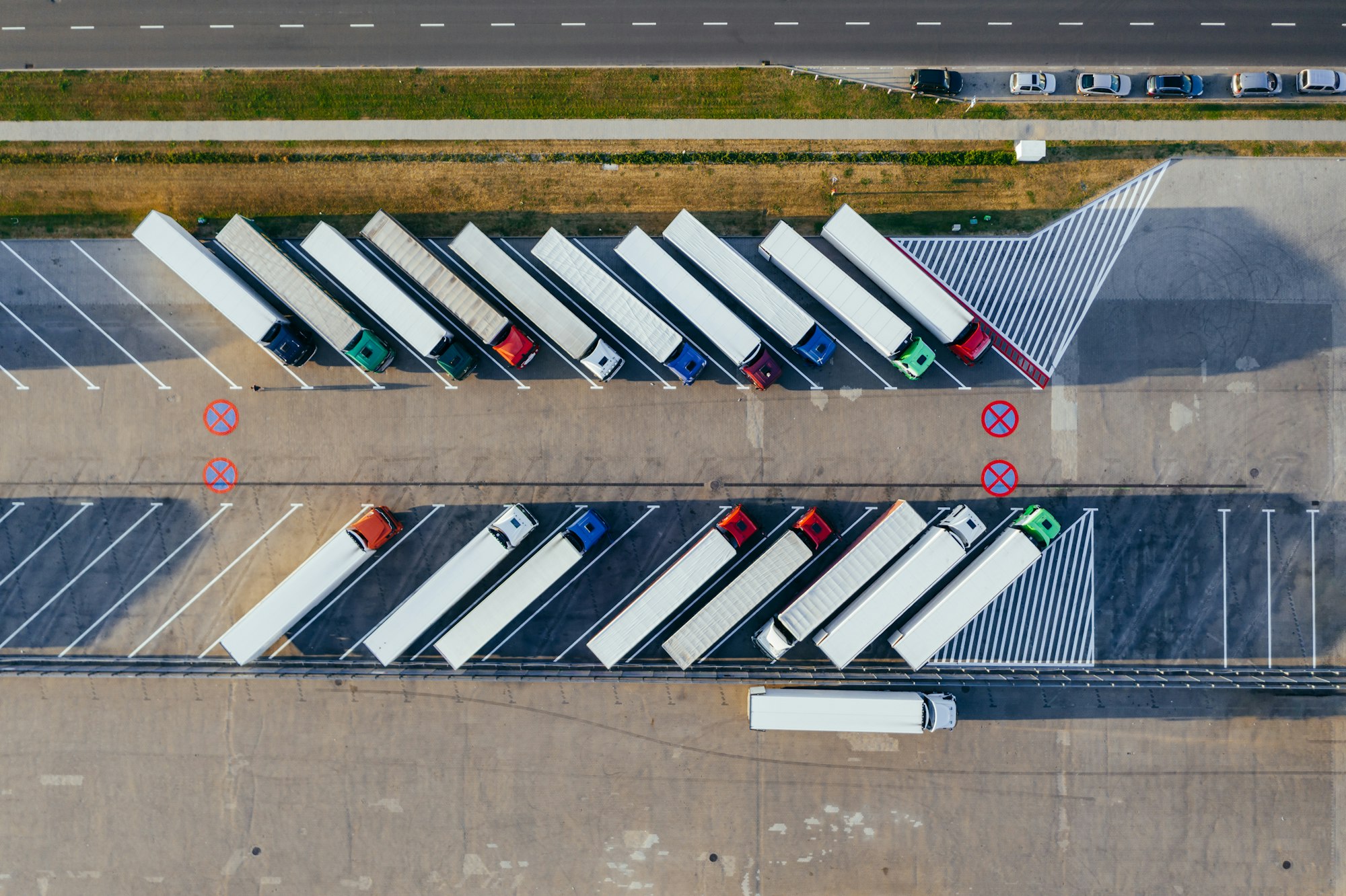Supply Chain Disruptions Expected to Compound Economic Losses from Climate Change

A new study published in Nature explores the economic impact of climate change on global supply chains, projecting a net economic loss of between $3.75 trillion and $24.7 trillion by 2060. The study, led by Professor Dabo Guan, analyzes how disruptions in supply chains due to climate change will affect regions worldwide, leading to economic losses. These findings highlight the urgent need for global collaborative efforts in adapting to extreme heat.
Source: Link
FAQ - Supply Chain Disruptions and Climate Change
Frequently Asked Questions
Q: How do supply chain disruptions contribute to economic losses from climate change?
A: Supply chain disruptions exacerbate economic losses from climate change by causing delays, reducing productivity, and increasing costs for businesses. These disruptions can result from extreme weather events, trade restrictions, and damage to infrastructure, all of which are influenced by climate change. The impacts can cascade through the global economy, leading to losses in GDP and affecting the trade and availability of goods. (Source: ScienceDaily, IPCC)
Q: What are some direct impacts of climate change on the global economy?
A: Direct impacts of climate change on the global economy include losses in agricultural productivity, damage to property from extreme weather events, and increased health costs due to climate-related illnesses. Additionally, there is increased pressure on water and food security, while some sectors, like insurance, face rising claims from weather-induced damages. (Source: Grantham Institute - Imperial College London, State of the Planet - Columbia University)
Q: How has the COVID-19 pandemic affected global supply chains and the economy?
A: The COVID-19 pandemic has severely disrupted global supply chains by closing industries, reducing the workforce, and altering trade patterns. This interruption has led to a decrease in worldwide demand and production, which has, in turn, impacted the overall global economy. (Source: NCBI)
Q: What mitigation and adaptation measures are being suggested to cope with the combined impacts of supply chain disruptions and climate change?
A: Mitigation and adaptation measures include modifying production and supply processes in agriculture to reduce greenhouse gas emissions, increasing efficiency, investing in infrastructure that can withstand extreme weather events, and developing more robust and resilient supply chains. Diversification of suppliers and investment in local production can also help to build resilience. (Source: IPCC)
Q: Are there any longer-term economic effects of repeated supply chain disruptions due to climate change?
A: Yes, repeated supply chain disruptions can lead to long-term economic effects, such as shifts in global trade patterns, changes in the location of production facilities to more stable regions, increased prices for consumers, and potentially lower growth rates in vulnerable economies. It can also result in permanent changes in consumption patterns and a reallocation of employment across sectors. (Source: IMF, ScienceDaily)
Q: What role does international cooperation play in addressing the economic impacts of climate change and supply chain disruptions?
A: International cooperation is critical for addressing the economic impacts of climate change and supply chain disruptions. Shared efforts can lead to the development and implementation of global strategies for mitigation and adaptation, investment in sustainable infrastructure, and coordinated responses to emergencies. Additionally, such cooperation can drive innovation and the dissemination of technology and best practices. (Source: United Nations)
Please note that the above FAQs are constructed based on the information provided and may not fully represent the original article's content.

